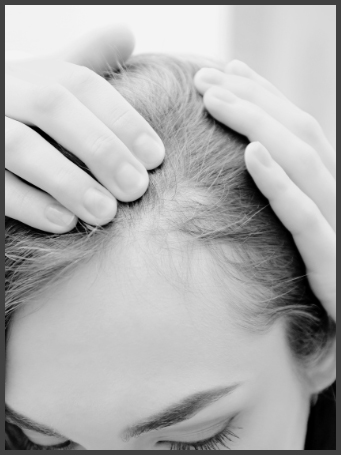
Hair loss in women can be caused by various factors, including hormonal changes, genetics, stress, or underlying health conditions. Iron deficiency is a very common cause, as low iron levels can weaken hair follicles and lead to thinning. Many women experience noticeable hair loss after pregnancy due to hormonal shifts, which can temporarily disrupt the hair growth cycle. The most common type, androgenic alopecia (female pattern hair loss), often results in gradual thinning and reduced volume over time.
At Want Hair, we specialise in advanced hair restoration solutions tailored specifically for women. From advice of non-surgical treatments that promote regrowth and improve scalp health to state-of-the-art hair transplants, we offer personalised options to achieve natural-looking, lasting results.
Take the first step toward restoring your hair and confidence today. Contact Want Hair for a free consultation and discover a solution tailored to your needs.
Understanding your stage of hair loss is key. Non-surgical treatments can slow hair loss, while transplants offer significant restoration.
Contact our team for a free assessment and personalised advice to restore your hair and confidence.

Prevent female hair loss by addressing underlying causes, including lifestyle adjustments, nutrition, and clinically proven solutions.
Hair transplants are a permanent solution that moves healthy hair follicles to balding areas for natural, lasting results.
Maintain your hair and prevent further loss with minoxidil, a clinically proven treatment that stimulates hair growth and strengthens follicles.
Are you considering a hair transplant? Click to find out more.
Stress-related alopecia is a type of hair loss triggered by severe stress or a traumatic event. During periods of stress, the hair growth cycle is disrupted, causing more hair follicles to enter the resting phase prematurely. This results in increased shedding and noticeable thinning of the hair, typically two to three months after the stressful event. Stress-related alopecia is generally temporary with hair regrowth resuming once stress is reduced. Effective management of stress and lifestyle modifications can help in the recovery process.
Request an assessment
Years experience
Clinics
Completed restorations
Reviews
Happy staff